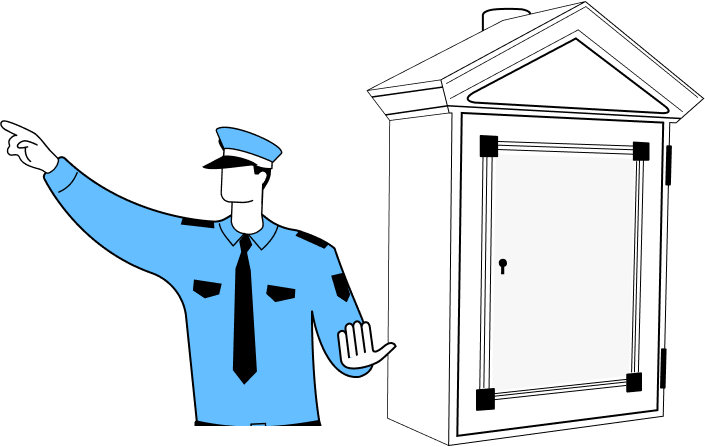Managing a Loved One’s Money When They Cannot
First, if you are going to accept the responsibility of helping someone pay their bills when they are unable to do it themselves, make sure you do right. The last thing you would want is to have the right intention, but end up making a difficult situation worse.
To take on this responsibility and set yourself up for success, you need to gather all of the necessary information in order to get a handle on the task.
Bills show up in a variety of ways and times. By mail or electronically, sometimes even by text. Monthly or quarterly. Sometimes they are attached to a credit card. Find out what bills there are, when and how they are being received, and be thorough when doing so. While you are at it, try to make a list of contact information in case you need to reach out to any of these businesses to make them aware of the situation or simply to ask for assistance.
Determine any other payment responsibilities. Are there membership dues to pay? If the person is a renter, what utilities are their responsibility?
Once you have gathered all of this information, put it together on a spreadsheet or use a system that you are comfortable with even if it is pen and paper. The important thing here is to develop an accounting of every bill, its due date, and where to look for it.
Once you have done that, take a look at the bills for legitimacy and applicability. Let’s assume everything is accurate and being billed from a legitimate source. Are there bills or services that are no longer applicable due to the situation of your loved one? Might some of the services be cancellable?
Next, you definitely need to make sure that you have access to the funds that are necessary to pay these bills. Is your loved one using an on-line banking account? Are there multiple accounts or one centralized account? Do you need to transfer funds from a savings account to a checking account in order to cover the bills?
Lastly, keep good records of the bills you pay and the transactions you complete on behalf of your loved one so that you can either clearly show them what you did on their behalf and/or work with the necessary parties to ensure you have been transparent, organized, and clear in your actions and decision making. If your loved one had an organized system for paying the bills and it makes sense to you, go ahead and keep using it. Either way, be sure to create a paper trail for your actions.
As a member of the Credit Union you are have full access to our Financial Planning and Education Center and we are here to assist you every step of the way.
Scott Arney
Chicago Executive Officer
Chicago Patrolmen’s Federal Credit Union





